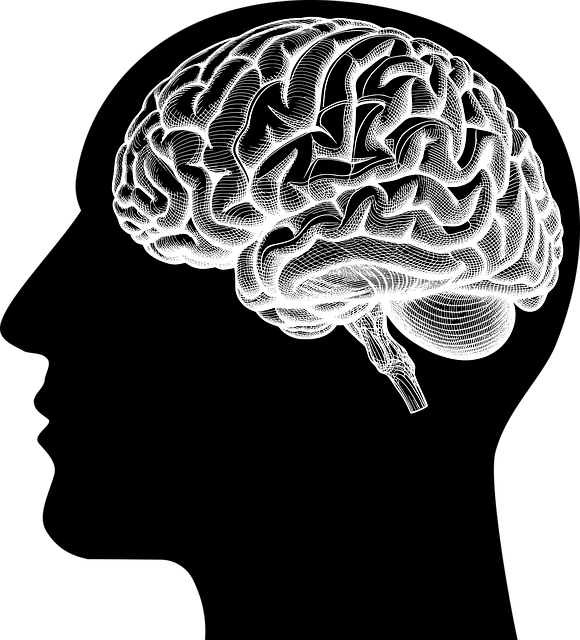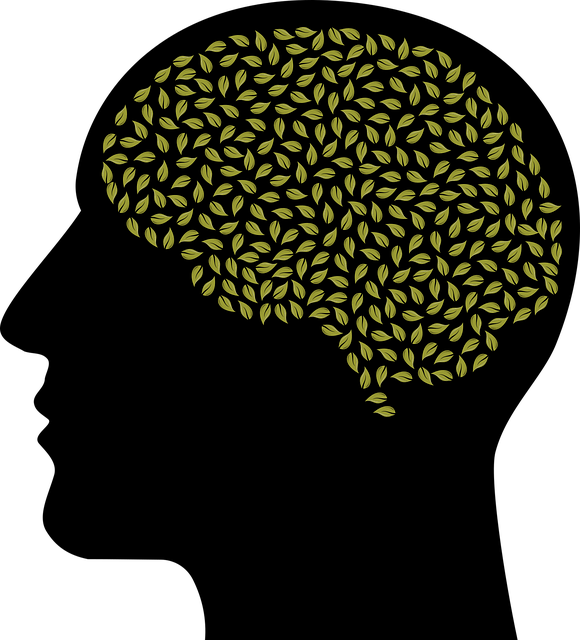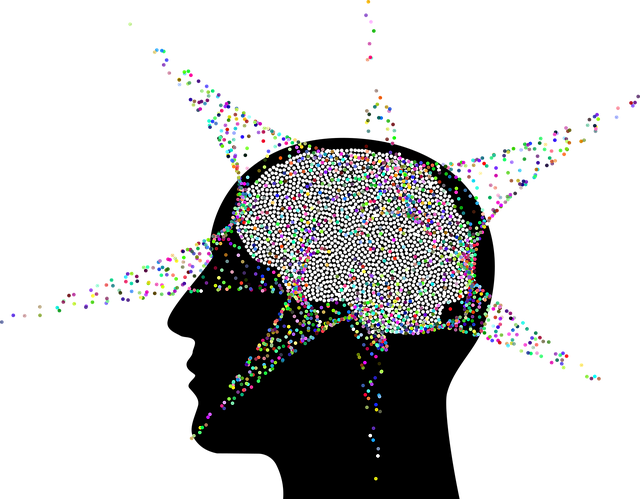Children's stress responses manifest differently than adults, often through oppositional behaviors, indicating a need for specialized therapy. Workshops focused on trigger identification, communication skills, and coping strategy teaching are effective in managing Oppositional Defiance Disorder (ODD). Creating safe, engaging environments with inclusive practices like Mindfulness Meditation enhances these sessions' impact. Evidence-based techniques such as cognitive-behavioral therapy (CBT) and social skills training, combined with regular progress assessments, are crucial for successful ODD management and building resilience in children.
Stress management workshops play a pivotal role in helping children cope with challenges, especially those with Oppositional Defiance Disorder (ODD). This article delves into the comprehensive approach of designing and organizing such workshops, focusing on understanding child stress, ODD symptoms, and effective techniques. We explore strategies to create a safe, engaging environment, implementing proven methods, and tracking progress in therapy for children with ODD. By fostering resilience, these workshops empower kids to manage stress and improve overall well-being.
- Understanding Children's Stress and Oppositional Defiance Disorder (ODD)
- Designing Effective Stress Management Workshops for Kids
- Creating a Safe and Engaging Workshop Environment
- Implementing Techniques and Tracking Progress in ODD Treatment
Understanding Children's Stress and Oppositional Defiance Disorder (ODD)

Children experience stress just like adults do, but their responses can differ significantly. Understanding this is crucial for organizing effective stress management workshops. Children’s stress often manifests through oppositional and defiant behaviors, especially in cases of Oppositional Defiance Disorder (ODD). ODD is characterized by frequent arguments with authority figures, active defiance, and persistent anger. These behaviors are not merely a phase but indicative of underlying emotional challenges.
Addressing children’s mental health, particularly when dealing with conditions like ODD, requires specialized therapy. Therapy for Children Oppositional Defiance Disorder focuses on identifying and managing triggers, improving communication skills, and teaching coping strategies. Incorporating these insights into workshop content can enhance the support provided to both children and their caregivers, fostering a healthier and more positive environment through community outreach program implementation and well-designed mental health education programs.
Designing Effective Stress Management Workshops for Kids

Stress management workshops tailored for kids are becoming increasingly important as we recognize the impact of early stress on their overall well-being. These interactive sessions aim to equip children with healthy coping mechanisms, especially those dealing with issues like Oppositional Defiance Disorder (ODD). By incorporating fun activities and age-appropriate techniques, such workshops create a safe space for learning. They teach kids mindfulness practices, emotional regulation skills, and positive ways to express themselves, thereby fostering resilience against stress and potential mental illness.
Community outreach programs play a vital role in promoting these sessions, aiming to reduce the stigma surrounding mental health issues in children. Healthcare provider involvement is also crucial; cultural competency training ensures that professionals can effectively engage diverse communities and offer tailored support. Through such initiatives, we empower kids to manage their stress healthily and set them on a path towards better mental health.
Creating a Safe and Engaging Workshop Environment

Creating a safe and engaging workshop environment is paramount when organizing stress management sessions for children with Oppositional Defiance Disorder (ODD). A warm, supportive atmosphere encourages participants to open up and actively engage in activities. This involves establishing clear boundaries and expectations from the outset, ensuring every child feels heard and respected. Facilitators should use inclusive language and create opportunities for peer interaction, fostering a sense of belonging.
Integrating practices like Mindfulness Meditation and Trauma Support Services can significantly enhance the workshop’s impact. Engaging children in mindfulness exercises helps them develop self-awareness and coping strategies to manage stress. Resilience Building activities, designed to strengthen their ability to bounce back from challenges, complement therapy for children with ODD, promoting emotional well-being and positive behavior changes.
Implementing Techniques and Tracking Progress in ODD Treatment

Implementing effective techniques is a cornerstone of managing Oppositional Defiant Disorder (ODD) in children through workshops. These sessions often introduce a range of evidence-based practices, such as cognitive-behavioral therapy (CBT), mindfulness exercises, and social skills training. CBT helps children identify and challenge negative thought patterns, fostering positive thinking and emotional regulation. Mindfulness practices promote present-moment awareness, teaching kids to manage frustration and anger constructively.
Tracking progress is vital to ensure these interventions are successful. Workshop facilitators should incorporate regular assessments and feedback mechanisms. This may include behavior charts to monitor improvements in defiance and impulsivity, as well as self-reported emotional intelligence scales. By regularly evaluating a child’s development, therapists can adapt their strategies, ensuring the ODD treatment plan remains tailored and effective, ultimately enhancing resilience-building abilities.
Stress management workshops can be powerful tools in addressing children’s mental health, especially those dealing with Oppositional Defiance Disorder (ODD). By creating safe and engaging spaces, incorporating effective techniques, and tracking progress, these workshops offer a holistic approach to ODD therapy for kids. Through understanding the unique stress responses of children and tailoring workshop designs, facilitators can empower young participants with valuable coping strategies, fostering better behavior and improved well-being. This structured environment encourages resilience and provides a supportive network, ultimately enhancing the overall effectiveness of ODD treatment.











